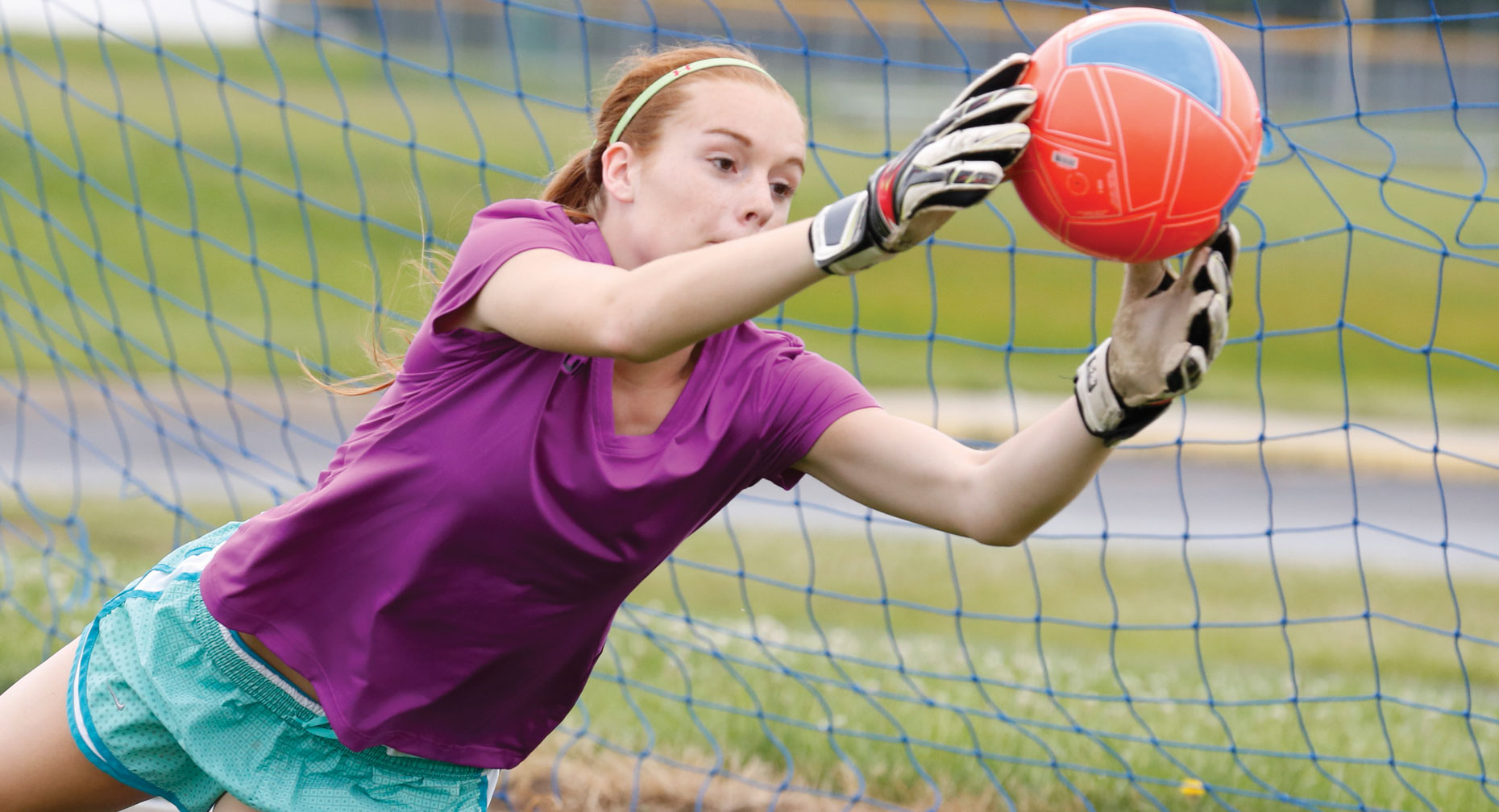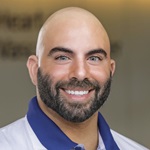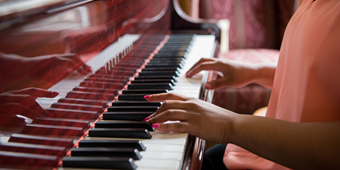Concussion: A Banged-Up Brain

Find Your Perfect Match
Answer a few questions and we'll provide you with a list of primary care providers that best fit your needs.
You don’t have to be an athlete to be concerned about getting a concussion, which is the most common kind of traumatic brain injury (TBI).
Yes, concussions — and their prevention — have been the subject of increasing focus and concern for professional athletes and student athletes and their parents. But concussions are reason for concern for the rest of us and the health of our brains.
Concussions may be caused by a hard hit to the body, blow to the head, or other sudden impact from a fall, assault, car crash, or other accident. A direct hit to the head isn’t necessary to cause a concussion or TBI. A strong force that abruptly jars the head backward or forward can cause bruising of the brain against the skull. This negatively impacts how your brain works and can make even simple tasks difficult.
Signs And Symptoms Of Concussion
How do you know you’ve suffered a concussion?
“Signs and symptoms of concussion can include everything from headaches to mood changes to disorders of the level of consciousness,” says Robert Harrington, MD. “Sometimes there are cognitive or thinking problems where people have trouble processing and doing some basic functions.”
Other symptoms may include:
- Difficulty concentrating and remembering new information
- Nausea and vomiting
- Dizziness
- Sensitivity to light or sound
- Balance problems
- Blurry vision
- Fatigue
- Loss of consciousness
- Irritability
- Anxiety
- Sadness
- Sleeping more or less than usual and having difficulty getting to sleep
Some symptoms may appear right after a concussion. Others may surface days or months later.
Time for recovery also can vary greatly. Most people recover quickly. But in some cases, recovery can take weeks, months, even years. Recovery can take longer for those who are at greatest risk for concussions: children, young adults, older adults and those who have had a concussion previously. Recovery time also can vary by severity of the injury.
Neuropsychologist Fadi Tayim, Ph.D., talks about symptoms of concussion in older adults and how their recovery can take longer than younger people who suffer concussions.
Click play to watch the video or read video transcript.

Concussion Treatment And Recovery
Rest is the key to concussion treatment and recovery, Dr. Harrington says. Giving your brain downtime with plenty of nighttime sleep and daytime naps promotes healing and return to normal brain function.
Dr. Harrington talks about ways to alleviate the symptoms of a concussion.
Click play to watch the video or read video transcript.
How Can Someone Alleviate the Symptoms of a Concussion?
“Sleeping is no longer a problem like in the old days when they’d have (concussion patients) woken up on the hour to make sure they were OK, Dr. Harrington says. "That’s really gone by the wayside.” Now, he says, “we prefer you let people sleep and let them rest and really try to keep them from getting stimulation to their brain of any sort.”
Right after you have a concussion, your doctor may want to monitor you in the emergency room and have someone watch over you at home for a day or two after.
“Signs and symptoms of concussion can include everything from headaches to mood changes to disorders of the level of consciousness,” says Robert Harrington, MD.
You may take medicine for pain, but only as ordered by your health care provider, who will also prescribe limits to your activity until your concussion symptoms go away. For instance:
- Limit activities at work and home that require intense mental focus. And do only one thing at a time to prevent losing focus.
- Avoid physically demanding activities
- Avoid athletic activity, to prevent another concussion
- Avoid alcoholic beverages
- Avoid bright lights and loud sounds. They can overstimulate the brain.
- Do not drive a car, ride a bike, or operate heavy machinery. Concussion can slow your reaction time.
- Keep a note pad handy to jot down things you need to remember
- Avoid computer work and video games during the start of your recovery
- Don’t make important decisions without talking them over with family or close friends first
When it comes to resuming normal activities, follow the advice of your health care provider. You may need to start out at work with a light-duty or part-time schedule.
Jeffrey Rayborn, MD, explains when it is safe for athletes to return to play following a concussion.
Click play to watch the video or read video transcript.
Be sure to tell your doctor if your symptoms linger after a few days, get worse, or return. You may need to be seen by a doctor who specializes in concussion treatment.
Some athletes receive baseline testing prior to a sports season. Then, if the athlete suffers a concussion during the season, her doctor will refer to results of the baseline test to determine the severity of the injury. Dr. Rayborn talks about tests that can provide a baseline before a sports season begins.
Click play to watch the video or read video transcript.
Find Your Perfect Match
Answer a few questions and we'll provide you with a list of primary care providers that best fit your needs.
Source: Robert Harrington, MD, Family Medicine of Huber Heights; Jeffrey Rayborn, MD, Premier Orthopedics; Fadi Tayim, Ph.D., Clinical Neuroscience Institute











